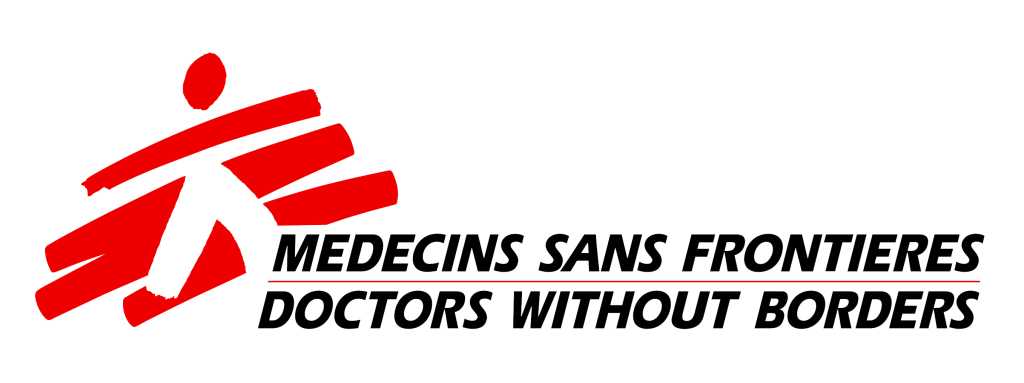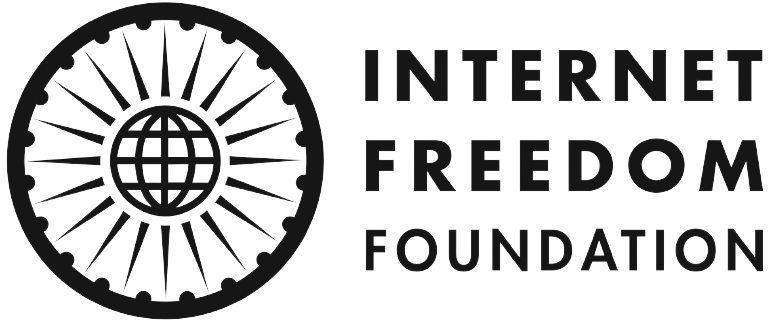Home / Exhibition
Curator

Co-Curator

Exhibition Partners


Humanity Heals is an exhibition that showcases humanitarian issues addressed during the summit through art. The show will serve as a visual journey for the audience. It will be highly curated and will use various installations to create an immersive and engaging experience for visitors. The installations will be engaging, thought-provoking, and inspiring. The exhibition aims to raise awareness about the importance of humanitarian aid and to inspire visitors to take action to support MSF’s work. The exhibit will showcase several installations revolving around the themes of People Forced from Home, Equitable Access to Healthcare, Climate Change and Mis/Disinformation in Emergencies. There will be three photography exhibits. Two of these will be co-curated by Alliance Francaise New Delhi, which are (1) ‘Memories of My Homeland’: A collection of painting and photographs from refugees and (2) a Photo collective on climate change-induced migration by Bangladeshi photographer Abir Abdullah. The third exhibit – ‘Side by Side’ presents a selection of collages by photographer Uğur Gallenkuş in collaboration with MSF. These are specially created for MSF, using original pictures from old and recent MSF archives. The side-by-side pictures portray starkly different realities. The association between MSF and Uğur Gallenkuş is meaningful in that it both conveys humanitarian messages and highlights the need to think and look beyond our usual environment in different ways.
To raise awareness around the misinformation and disinformation through the use of technology will be exhibited in the form of an interactive display by the Internet Freedom Foundation.
Co-Curator: Alliance Française de Delhi
About Alliance Française de Delhi (AFD):
Alliance Française de Delhi (AFD) is a prominent cultural institution located in Delhi, India. It is part of the worldwide network of Alliance Française existed in more than 138 countries, which is dedicated to promoting French language and culture around the world. AFD operates under the patronage of the French Embassy in India.
At the heart of Alliance Française de Delhi’s mission is the provision of French language courses for both adults and children. Their structured curriculum offers a range of proficiency levels, allowing students to embark on their French language journey from beginner to advanced stages. The courses are taught by qualified and experienced teachers who are native French speakers or have a high level of proficiency in the language
AFD serves as a cultural hub where people interested in French language and culture can come together, learn, and exchange ideas. It promotes cross-cultural understanding and upholds ties between India and France through its language programs and cultural activities.
Alliance Française de Delhi serves as a cultural hub where individuals with an interest in French language and culture can converge, learn, and exchange ideas. By promoting cross-cultural understanding, AFD plays a crucial role in nurturing ties between India and France through its language programs and diverse cultural activities.
Explore the profound impact of climate change on Bangladesh through the lens of acclaimed photographer Abir Abdullah. Bangladesh. With its low-lying terrain, Bangladesh faces an uphill battle against annual floods, cyclones, and unpredictable weather patterns. Witness how these environmental challenges force communities to become climate migrants, relocating repeatedly as the waters rise, leading to disputes over dwindling land resources. Abir Abdullah’s powerful photographs shed light on the human consequences of global warming, making Bangladesh a frontline in the battle against climate change.
Abdullah is an independent photographer, photo editor and educator who served as a correspondent at European Press Photo Agency (2005-2018). He was the Founding Partner of Drik News and Principal of Pathshala (2018-2020). His work has been published widely and he is the recipient of several prestigious awards.
The Migration and Asylum Project (MAP), an initiative of the Ara Trust, presents “Memories of my Homeland.” This remarkable exhibition features artworks by refugee artists Danyal Zaheer and Zohra Rezaie, capturing the spatial and imagined memories of their homelands. Through their art, they explore issues of identity, belonging, and displacement, sharing stories of the rich cultural heritage they bring with them to India. Witness the transformative power of art as these artists depict resilience amidst adversity and their journey to preserve and promote Afghan heritage.
Danyal Zaheer – Hailing from Afghanistan, Danyal’s artistic journey began with a passion for calligraphy and photography. In a country marred by conflict, art became his medium to channel intense emotions and make profound statements. With collaborations across various sectors, Danyal’s art embodies the shared pursuit of humanity’s interconnectedness.
Zohra Rezaie – Zohra, a 20-year-old artist and educator from Afghanistan, found solace in art amidst the turmoil of war. Her art celebrates Afghan heritage and history, bridging the gap between tradition and contemporary expressions. Through her work, Zohra aspires to preserve Afghan traditions and inspire appreciation for the beauty and creativity of her culture.
Side by Side, in collaboration with Médecins Sans Frontières (MSF), artist Uğur Gallenkuş presents “Side by Side.” This thought-provoking exhibition showcases collages juxtaposing starkly different realities. Using original pictures from old and recent MSF archives, Uğur Gallenkuş’s collages convey powerful humanitarian messages and encourage viewers to broaden their perspectives beyond familiar environments.
Join us at the Health & Humanity Summit, where art, culture, and global issues converge to inspire meaningful dialogue and positive change. Let us come together to foster compassion, understanding, and a shared commitment to a healthier and more humane world.
The Internet Freedom Foundation (IFF) is an award-winning and impact-focused digital rights organisation from India, formed from the SaveTheInternet movement. IFF’s mission is to advance and protect democratic freedoms for every Indian in a digital society.
https://internetfreedom.in
Reflections on the erosion of common humanity through shuttering frontiers, neglecting climate justice, and the future of the “Grand Bargain”
In fragile and conflict-affected settings, access to sexual and reproductive health is not only deprioritized,
but also actively denied. From bans on female healthcare workers in Afghanistan, to rising child marriage in
humanitarian crises, to silent rollbacks on HIV and safe abortion services amid political instability, SRHR is
treated as negotiable, optional, or dangerous. This panel will explore how restrictive laws, collapsing
systems, and donor retreat converge to systematically erase women and girls’ rights to healthcare.
Taking a sharp look at countries in South Asia, the panel will interrogate the failures of both national
governments and the international system to protect the right to reproductive autonomy in times of crisis. It
will also reflect on the operational dilemmas faced by actors like MSF, navigating care delivery amid legal
ambiguity, cultural resistance, and gender-based exclusion.
When traditional humanitarian frameworks falter, how can South-to-South solidarity and local innovation
reshape the future of crisis response? This panel calls for a commitment to amplify non-traditional voices,
strengthen horizontal partnerships, and recognize communities not as beneficiaries, but as drivers of
sustainable change.
In the face of eroding international humanitarian legitimacy and shrinking donor engagement, it is
communities, community-based organizations (CBOs), and local NGOs, often outside traditional aid
frameworks, that are sustaining health, rights, and social cohesion on the ground. This panel explores how
these local actors, together with emerging South-to-South partnerships and non-traditional solidarity
networks, are innovating to address complex crises and systemic failures.
These actors navigate political constraints, resource gaps, and exclusion from formal decision-making, yet
remain indispensable in delivering services, advocating for rights, and rebuilding trust at the community
level. The discussion will highlight how South-to-South cooperation fosters knowledge exchange, capacity
building, and collaborative action among affected countries and communities, challenging the dominance
of Global North-driven aid models.
By centering local and regional perspectives, this panel invites a critical reflection on how humanitarian
legitimacy and effectiveness can be redefined through equitable partnerships that empower communities
as leaders, innovators, and rights holders, shaping solutions rooted in context, solidarity, and justice.
The foundational principles that once protected medical care in conflict, neutrality, impartiality, and the
inviolability of health facilities, are under attack. From Gaza to Sudan, we are witnessing the collapse not
only of health systems, but of the moral and legal frameworks meant to protect them. Governments obstruct
or weaponize aid, international institutions fail to enforce accountability, and NGOs face growing constraints
in both access and legitimacy.
This panel will explore how these interconnected failures reflect a deeper erosion of trust in the global
humanitarian architecture and ask: what becomes of healthcare when every actor, from states to INGOs, is
seen as falling short? How do we navigate this fractured landscape while upholding the right to health, and
what forms of responsibility and collaboration are possible when traditional mechanisms no longer hold?